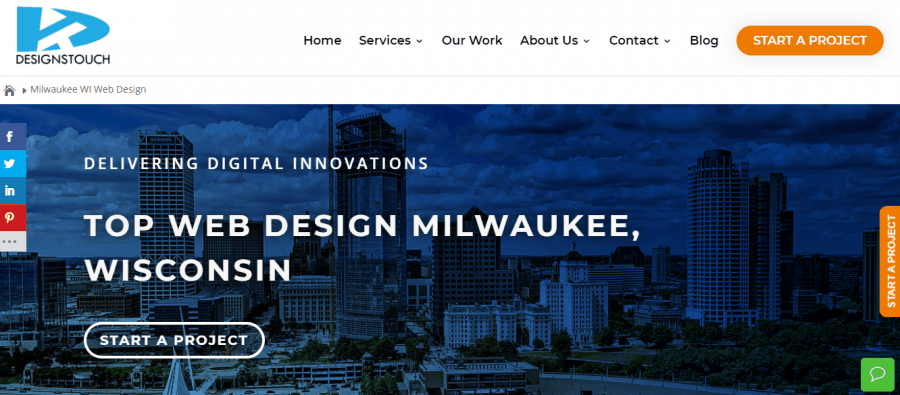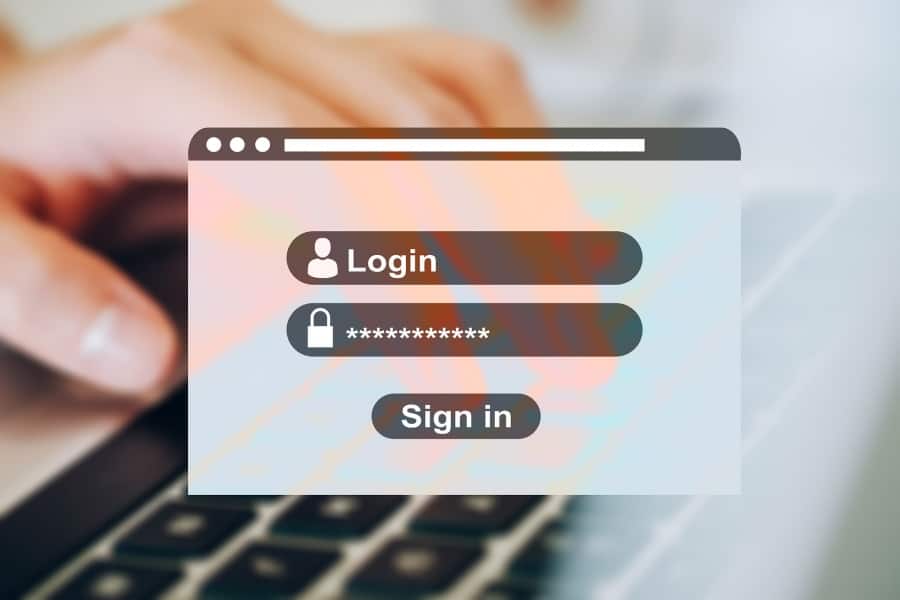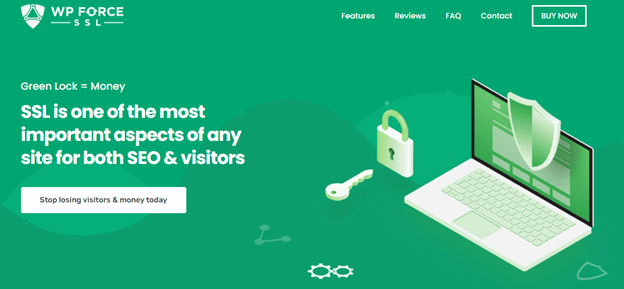Did you know that about 20% of small businesses in the United States fail in the first year? One of the reasons for this is their website vulnerability!
If you don’t take steps upon security threats, infringements can bring down your company. Unfortunately, every industry, big or small, can be a target. However, awareness is power, and knowing what you’re up against will allow you to find the proper actions to defend your business.
Read on, and we’ll give you the top five security threats for you to secure your company.
1. Phishing Scams
The most harmful and extensive threat challenging small business websites is phishing scams. Phishing is responsible for 90% of all violations that businesses encounter.
Phishing attacks have transpired since the start of the internet. They happen when a hacker acts as a trusted contact and tempts users to give them data.
Probably the biggest industry affected by Phishing scams is the cryptocurrency markets. Users who buy and sell cryptocurrency on crypto exchanges are a huge target for these cyber criminals. Once they obtain a user’s login credentials, they steal all of their assets and disappear.
The great way to block these attacks is to teach your employees to watch out for those threats. Then, ensure further to limit staff access to the most delicate information.
2. Malware Attack
Malware is a program designed for malicious intentions meant to harm and infect a system. The malware carries website security threats that vary from adware to viruses as it’s a broad span. For example, a web server attacked by malware reveals delicate information.

Are you considering redesigning your website for your small business? Consider finding reliable website design services for creating a functional business site design.
3. Ransomware
Ransomware cyberattacks are likewise widespread. In a ransomware breach, the software blocks access to delicate data until you give the hackers cash. These cyberattacks occur daily to all types of various businesses.
Although, you can stop them by updating your systems and by using top-quality site security software. Moreover, be sure to back up your business data, and be careful of starting new files on a computer. Your anti-virus must verify all file contents before you can open it.
4. Password Vulnerabilities
Many hackers can figure out passwords or use tools to try various sequences until they access your devices and sites. In other cases, they likewise use keylogging to get access to user accounts.
Keylogging logs each keystroke executed by a computer user. Then, it transmits to the cyberhackers who installed this malicious software. Some measures to defend your website from this include:
- Making a unique and strong password
- Demanding users to renew their passwords often
- Using two-way authentication to verify user access
- Avoid using your username or personal info as your password

If your website lacks strong password protection, hackers can quickly get into your system.
WP Login LockDown is a plugin designed to enhance the security of your WordPress login page by limiting the number of login attempts from a particular IP address. It helps protect your site from brute-force attacks, where automated scripts or bots try to guess the login credentials by repeatedly attempting different combinations.
When installed and activated, WP Login LockDown tracks the IP address of each login attempt made on your WordPress site. It allows a certain number of failed login attempts within a specified time frame, and if that limit is exceeded, it blocks further login attempts from that IP address for a defined period.
Here are some key features of WP Login LockDown:
- IP address tracking: The plugin keeps a record of the IP addresses attempting to log in to your site.
- Failed login attempt limit: You can set the number of failed login attempts allowed before an IP address gets locked out.
- Lockout duration: You can specify the duration for which an IP address will be blocked after exceeding the failed login attempt limit.
- Notifications: WP Login LockDown can send you email notifications whenever an IP address is locked out.
- Whitelist and blacklist: You can create whitelists and blacklists to exempt or block specific IP addresses from the lockout process.
- Logging: The plugin maintains a log of all login attempts, including successful and failed attempts.
Overall, WP Login LockDown adds an extra layer of security to your WordPress login page by preventing unauthorized access through brute-force attacks. By limiting the number of login attempts from a single IP address, it reduces the chances of successful login by automated bots or hackers.
5. Cross-site Scripting Security Vulnerabilities
Cross-site scripting (XSS) is a different standard kind of site design security vulnerability. XSS happens if JavaScript codes add to a website to target and tamper with client scripts.
These scripts highjack user sessions within a website’s search or via comments. As a result, it can slander the website and divert users to another website that may steal their data. To avoid this, you should use HTTP, use appropriate headers, filter your input on arrival, and use Content Security Policy (CSP).
Protect Your Website – Install an SSL Certificate
SSL, short for Secure Sockets Layer, is a protocol for encrypting data sent between a web server and a browser. In most cases, this means protecting any data sent between the browser and the server.
A secure connection between a web server and a browser is enabled once an SSL Certificate is installed on the server. This is shown by the browser displaying a padlock and the server responding with the HTTPS protocol. Secure Sockets Layer (SSL) is a standard security protocol for encrypting data in transit, including financial transactions, logins, and data transfers.

When using WP Force SSL, users can quickly correct SSL problems and reroute unsafe HTTP traffic to HTTPS without modifying any code. If you turn on Force SSL, SSL will be enabled without any more action on their part. The SSL certificate will be used to switch the entire website over to HTTPS, and it is compatible with both commercial SSL certificates and Let’s Encrypt’s free SSL certificates.
Website Security Vulnerabilities
Knowing the common security vulnerabilities is an initial step in securing your website.
Once you know how to make your website prevent hackers and attacks, you can ensure the safety of your customers.
Want more tips to start up your small business successfully? For more information, check out the rest of our guides.
